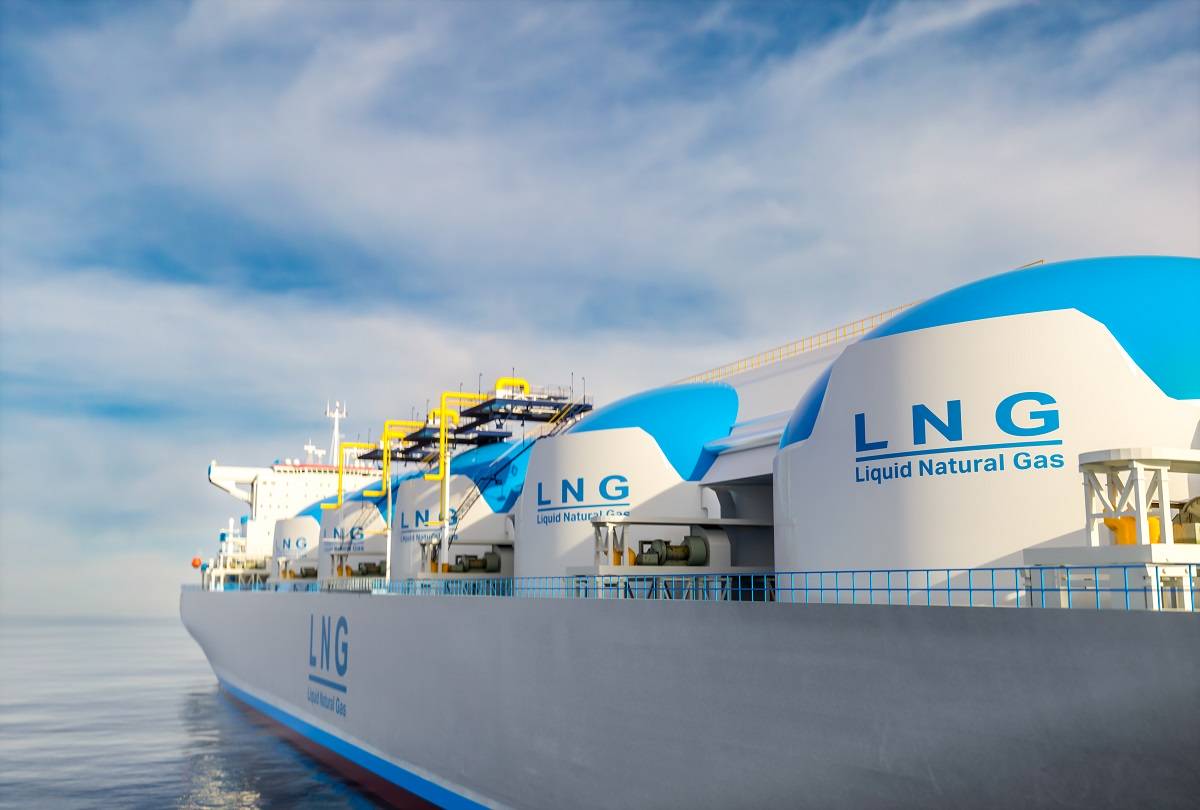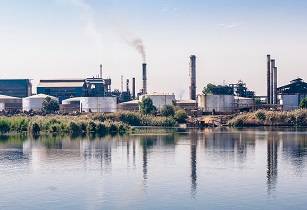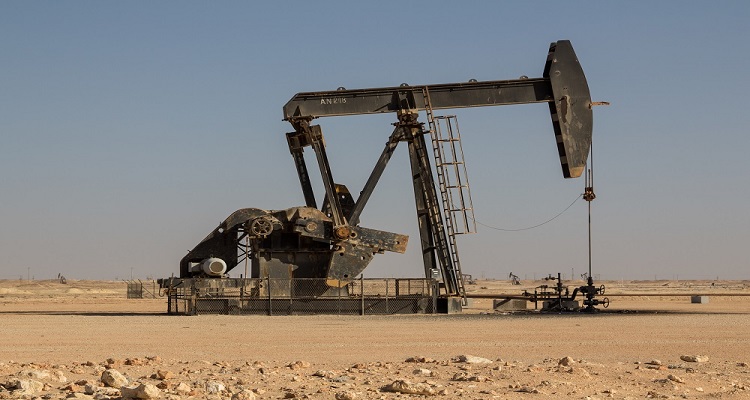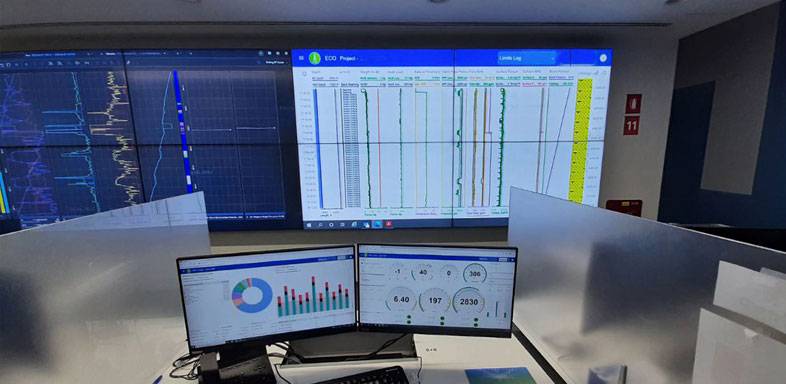Petrochemicals will surpass cars, trucks and aviation in future oil demand growth, according to a study by the International Energy Agency (IEA)
Petrochemicals – the oil and gas components used in daily products such as plastics, fertilisers, packaging, clothing, digital devices, medical equipment, detergents and tyres are becoming the largest drivers of global oil demand.
Petrochemicals are expected to account for more than a third of the global oil demand growth to 2030, and almost half the growth to 2050, adding almost 7mmbbl of oil per day. They are also poised to consume an additional 56bcm of natural gas by 2030 and 83bcm by 2050.
Dr Fatih Birol, IEA’s executive director, said, “Our economies are heavily dependent on petrochemicals, but the sector receives far less attention than it deserves. Petrochemicals are one of the key blind spots in the global energy debate, especially given the influence they will exert on future energy trends. In fact, our analysis shows they will have a greater influence on the future of oil demand than cars, trucks and aviation.”
Demand for plastics the key driver for petrochemicals from an energy perspective has outpaced all other bulk materials (such as steel, aluminium, or cement), doubling since 2000. Advanced economies are currently using up to 20 times more plastic and up to 10 times more fertilisers than developing economies on a per capita basis.
The US has re-emerged as a low-cost location for chemicals production and is now home to around 40 per cent of the global ethane-based petrochemical production capacity. The Middle East remains the lowest‑cost centre for many key petrochemicals, with a host of new projects announced throughout the region.
Petrochemical products offer significant benefits for society, including a growing number of applications in different cutting-edge clean technologies that are critical to sustainable energy systems. However, the production, use and disposal of petrochemical products present a variety of climate, air quality and water pollution challenges.
While recycling and efforts to curb single-use plastics are underway, particularly in Europe, Japan and Korea, the impact of these efforts on petrochemical demand are far outweighed by a sharply increasing plastic consumption in emerging economies.
To address these challenges, the report outlines a Clean Technology Scenario (CTS), which provides an alternative future in line with key UN sustainable development goals, such as climate action, responsible consumption and life below water, among others.









































